#Romanticism
Text
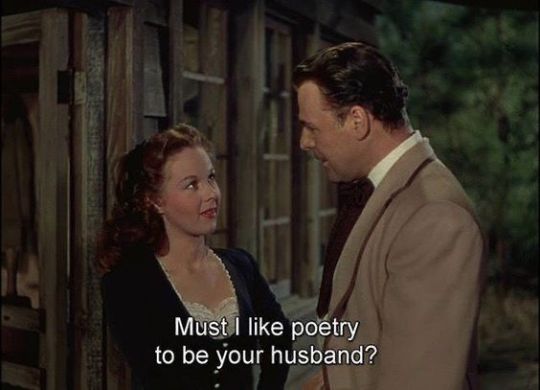
Canyon Passage, 1946
Text ID: Must I like poetry to be your husband?
#dark academia#darkacademia#light academia#moodboard#light acadamia aesthetic#light academia moodboard#romantic academia#art academia#soft academia#chaotic academia#dark academia books#dark academia moodboard#books & libraries#boooks#books and coffee#light academia aesthetic#dark academia aesthetic#classic academia#dark academia vibes#academia#studyblr#aesthetic#literature academia#source: pinterest#pinterest moodboard#coquette academia#romanticism#60s aesthetic#vintage#bookblr
199 notes
·
View notes
Text
It's April 19, 2024:
George Gordon Byron, 6th Baron Byron, has been dead for 200 slutty, slutty years.
#romanticism#romantic army#lord byron#let's do it folks let's take over the romanticism hashtag with all our weird early 19th century faves
265 notes
·
View notes
Text
You look really nice today, but you'd look better if your ankles were over my shoulders with you being pinned below me.
#desiblr#desi tumblr#txt post#desi academia#txt#dark romanticism#dark academia#writers on tumblr#intimacy#light academia#romanticism#spilled ink#love quotes#relationship goals#bd/sm relationship#dark romance#manincaffeine
119 notes
·
View notes
Text

#art#painting#masterpiece#vanitas#skulls#hourglass#transcience#flowers#skull and bones#gothic#romanticism#symbolism#aelbert jansz. van der schoor
109 notes
·
View notes
Text
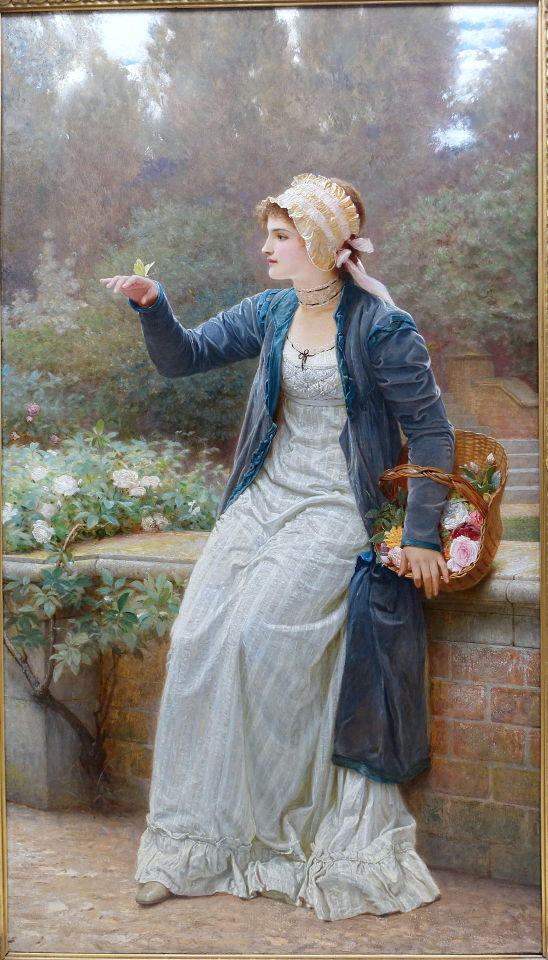
Charles Edward Perugini (Italian-English, 1839-1918)
Ephemeral Joy
86 notes
·
View notes
Text









@the-reverii
#my : moodboards#chaotic academia#dark academia#aesthetic#books and coffee#romanticism#literature#romantic academia#art#bookworm#dead poets society#dark acadamia aesthetic#light academia#2024#classic academia#academia aesthetic#academia#dark academia aesthetic#moodboard#light academic aesthetic#pinterest moodboard#dark academia art#soft academia#light academia moodboard#light acadamia aesthetic#darkacademia#art academia#dark academia books#dark academia moodboard#books & libraries
94 notes
·
View notes
Text
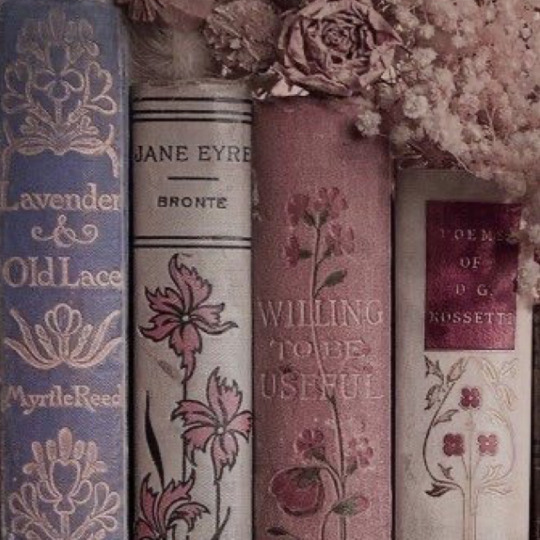
Are you reading anything good? I'm always taking book suggestions!
#studying#reading#study#book#ambiance#photography#romanticism#princesscore#princess#poetry#fiction#reader#booklover#magical#mindfulness#wilderness#natural#aesthetic#instrumental#classicalart#classicalmusic#classical#fairytale#royalcore#fairycore#nature#cottage#cottagecore#art#bookshelf
66 notes
·
View notes
Text
"X character didn't truly love Z character, they just loved the idea of them", what does that even mean? Especially when it's used for stories with a very clear-cut, in your face romantic theme/undertone. Like, what does that mean? How does one distinguish the two? Did romeo love the idea of juliet or the real juliet? Did gatsby truly love daisy or did he love the idea of daisy? Who will tell us? Gatsby did lose his life for that woman so why does it actually matter if he loved an "idealized" version of her or the "real her"? Is it really important for the story? Does it actually change anything or is it just a catchphrase? Can you clearly distinguish the people you have loved for what they truly were, from the people you had merely idealized? Even if you can, does this distinction make your feelings for them any less real and intense and impactful for your life? Like I don't care if I loved the idea of someone or the real person, all I care about is what I felt and how it affected me and changed my life. That's what fiction does, it gives you the ability to connect with real, intense, unfiltered human emotions which are an integral part of human experience. Fiction is not therapy. Please stop sanitizing art thank you
#the great gatsby#romeo and juliet#love#whatever#aspa rambles#grantaire didn't really love enjolras he loved the idea of enjolras#yeahh SO ?#Romantic novels: am i a joke to you#romanticism
54 notes
·
View notes
Text
April showers
Soft droplets of rain
Fall down from an unseen cloud
I lift my face upward
And smile, embracing the world
Surrounded by windswept petals
So, I am nurtured; so, I am whole
As April cries her
Tears of joy
---
17-4-2024, M.A. Tempels ©
#poetry#spilled ink#writing#poem#april#spilled thoughts#pluviophile#spring#poets on tumblr#tumblr poetry#creative writing#words#romanticism#romantic poem#romantic poetry
58 notes
·
View notes
Text
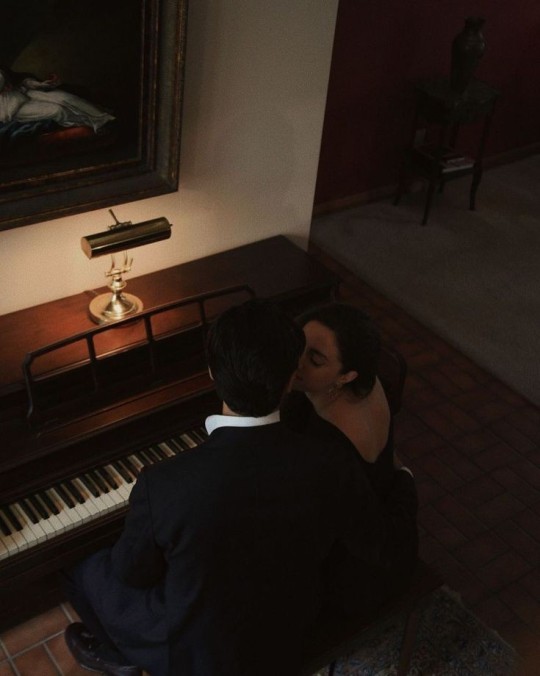

“Ah, what happiness it is to be with people who are all happy, to press hands, press cheeks, smile into eyes.”
— Katherine Mansfield
#poetry#dark academism#tumblrtextpost#light academic aesthetic#dead poets society#tumblrpost#poets on tumblr#light academia#autumn#literature#classic literature#english literature#classic academia#romanticism#romanticise your life#romantic academia#romance#chaotic acadmeia quotes#chaotic academic aesthetic#chaotic academia#poetsandwriters
30 notes
·
View notes
Text
a post in honor of lord byron's 200th death anniversary —
the greeks were very fond of byron, who when he died in 1824 was a military commander and notable influence in their war of independence. as one of the most (if not the most) famous members of the philhellenist movement, byron used his poetic platform to try to remind people of greece's reputation as the source of western traditions in art and culture. the greeks then honored byron by decorating his coffin with a laurel wreath (below). they also erected statues for him, like this one below in athens depicting him being crowned with a laurel wreath (a symbol of greatness, especially in poetry/music [which historically overlapped]) by a female personification of greece. to this day, some statues of byron are annually wreathed in tradition, and the names byron/vyron/vyronas are still used in greece for roads, towns, and people in his honor.
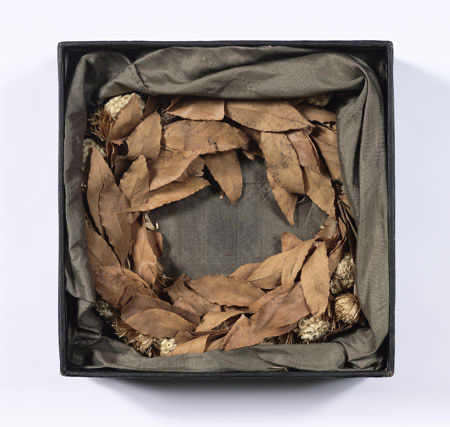

"’Tis sweet to win, no matter how, one’s laurels,
By blood or ink; ’tis sweet to put an end
To strife; ’tis sometimes sweet to have our quarrels,
Particularly with a tiresome friend:
Sweet is old wine in bottles, ale in barrels;
Dear is the helpless creature we defend
Against the world; and dear the schoolboy spot
We ne’er forget, though there we are forgot.
But sweeter still than this, than these, than all,
Is first and passionate love — it stands alone,
Like Adam’s recollection of his fall;
The tree of knowledge has been pluck’d — all ’s known —
And life yields nothing further to recall
Worthy of this ambrosial sin, so shown,
No doubt in fable, as the unforgiven
Fire which Prometheus filch’d for us from heaven."
— excerpt from Lord Byron's Don Juan, Canto the First (writ 1818, pub. 1819).
"The mountains look on Marathon –
And Marathon looks on the sea;
And musing there an hour alone,
I dreamed that Greece might still be free;
For standing on the Persians' grave,
I could not deem myself a slave."
— excerpt from Lord Byron's Don Juan, Canto the Third (writ 1819, pub 1821) — this stanza is part of a section often published on its own under the title "The Isles of Greece."
"Byron was at once a romantic dreamer, who wanted life to square up to his illusions, and a satirical realist, who saw what was before him with unusual clarity and found its contradictoriness amusing. The clash between the two Byrons is nowhere more noticeable than in his last writings, done on Cephalonia and at Missolonghi during the months before his death. There we see the Greece he dreams of, and the Greece which, in different ways, destroys him."
— excerpt from Peter Cochran's "Byron's Writings in Greece, 1823-4."
"Oh, talk not to me of a name great in story;
The days of our youth are the days of our glory;
And the myrtle and ivy of sweet two and twenty
Are worth all your laurels, though ever so plenty.
What are garlands and crowns to the brow that is wrinkled?
'Tis but as a dead-flower with May-dew besprinkled.
Then away with all such from the head that is hoary!
What care I for the wreaths that can only give glory!
Oh FAME! - if I e'er took delight in thy praises,
'Twas less for the sake of thy high-sounding phrases,
Than to see the bright eyes of the dear one discover,
She thought that I was not unworthy to love her.
There chiefly I sought thee, there only I found thee;
Her glance was the best of the rays that surround thee;
When it sparkled o'er aught that was bright in my story,
I knew it was love, and I felt it was glory."
— Lord Byron's "Stanzas Written on the Road Between Florence and Pisa" (November, 1821). What is illustrated here, and what I try to illustrate all throughout this assortment, is Byron's conflation of love and glory, and the idea that poetry and politics are both ways to deserve and achieve — not fame, but what fame seems to promise — love.
"But 'tis not thus—and 'tis not here
Such thoughts should shake my Soul, nor now,
Where Glory decks the hero's bier,
Or binds his brow.
The Sword, the Banner, and the Field,
Glory and Greece around us see!
The Spartan borne upon his shield
Was not more free.
Awake (not Greece—she is awake!)
Awake, my Spirit! Think through whom
Thy life-blood tracks its parent lake
And then strike home!"
— excerpt from Lord Byron's "On This Day I Complete My Thirty-Sxith Year" (1824).
"What are to me those honours and renown
Past or to come, a new-born people's cry
Albeit for such I could despise a crown
Of aught save Laurel, or for such could die;
I am the fool of passion, and a frown
Of thine to me is as an Adder's eye
To the poor bird whose pinion fluttering down
Wafts unto death the breast it bore so high –
Such is this maddening fascination grown –
So strong thy Magic - or so weak am I."
— although the much more popular and published "On This Day I Complete My Thirty-Sxith Year" is often believed to be Byron's last poem, the above is likely Byron's actual last poem. Like the former, it wasn't solely written for Greece, but for his page Lukas Chalandritsanos who he was in unrequited love (or lust) with. It is sometimes titled "Last Words on Greece" (named so by his friend and sometimes-editor Hobhouse).
#queud#literature#english literature#lord byron#romanticism#history#dark academia#poetry#aesthetic#greece#greek#greek history#poems#lit#on this day#byron#byronism#academia#greek war#war#web weaving
50 notes
·
View notes
Text
so this is love— a bruise so tenderly inflicted that it never fades away
#poetry#poems and quotes#poets of tumblr#romantic poetry#sad poetry#romanticism#love quotes#poems and poetry#romantic quotes#love and romance#heartbroken quotes#quotes#literature#quotations#life quotes#quotes and poems#quotes and sayings#quotes and words#poetry and prose#poetry writing#spilled ink#poetry and art#poetry and poems#poetry and quotes#poetry and words#poetry and writing#poems and words#poems and prose#poems and fragments#life and death
52 notes
·
View notes
Text

Shad Fishermen on the Shore of the Hudson River by Pavel Svinyin (1787 - 1839)
39 notes
·
View notes
Text
I think the sky cried for you today
the moon told me to be patient
who can you fall in love with if it’s not me
by laurenmaerie, foreverlove
#books#romanticism#escapism#books and coffee#books & libraries#books and libraries#literature#literature quotes#quotes#motivation#poetry#relationship quotes#writing#original#laurenmaerie#thepathetickind#i love you#love#love quotes#love poem
37 notes
·
View notes
Text

Charles Edward Perugini (Italian-English, 1839-1918)
Romeo and Juliet in the Garden
61 notes
·
View notes